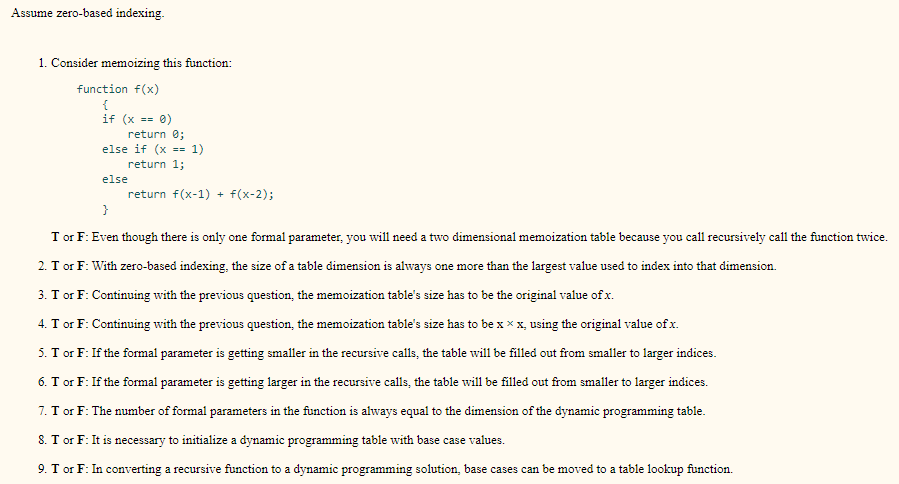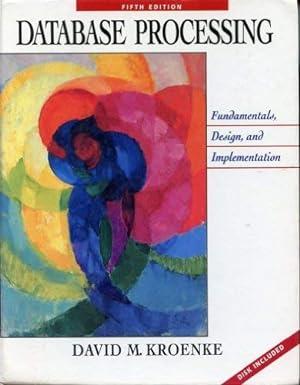Answered step by step
Verified Expert Solution
Question
1 Approved Answer
Assume zero-based indexing 1. Consider memoizing this function: function f(x) if(x-a) return return 1; return f(x-1)f(x-2); else if (x 1) else T or F: Even

Step by Step Solution
There are 3 Steps involved in it
Step: 1

Get Instant Access to Expert-Tailored Solutions
See step-by-step solutions with expert insights and AI powered tools for academic success
Step: 2

Step: 3

Ace Your Homework with AI
Get the answers you need in no time with our AI-driven, step-by-step assistance
Get Started


